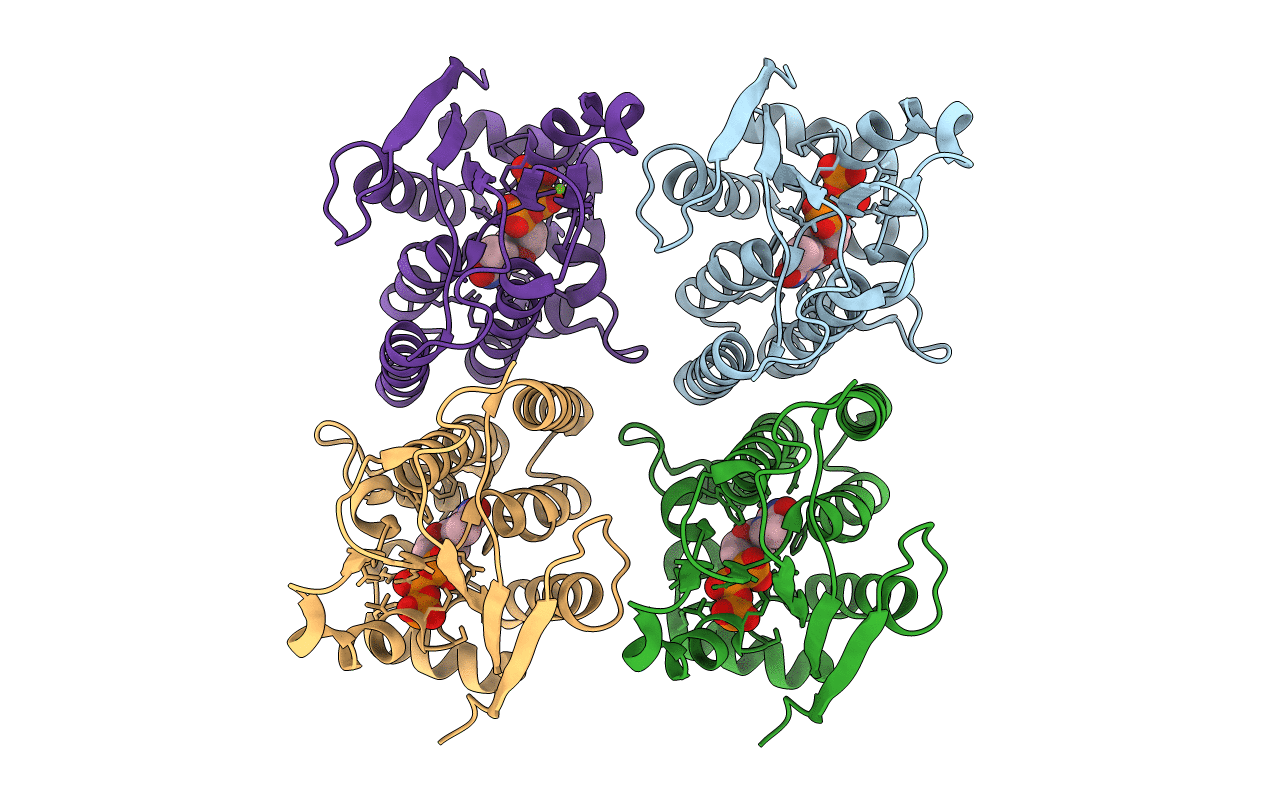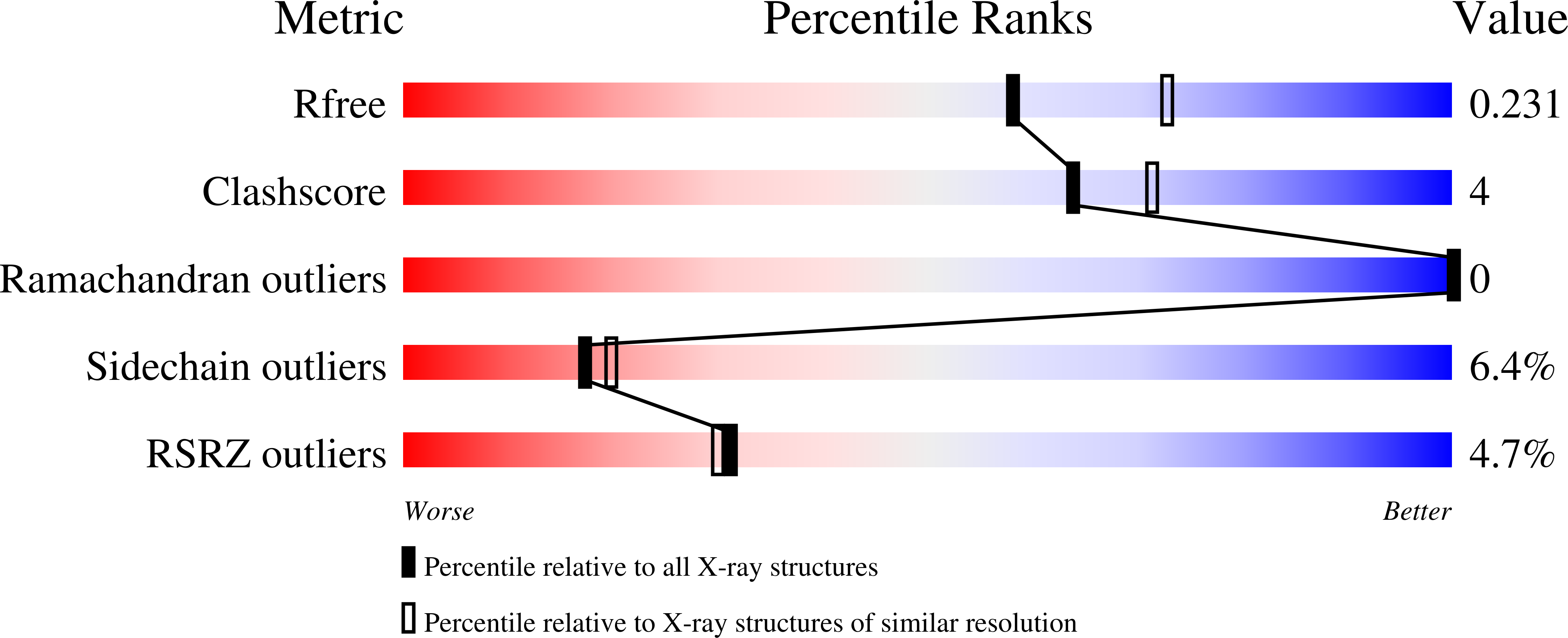
Deposition Date
2005-05-10
Release Date
2005-05-17
Last Version Date
2023-08-23
Entry Detail
PDB ID:
1ZM7
Keywords:
Title:
Crystal structure of D. melanogaster deoxyribonucleoside kinase mutant N64D in complex with dTTP
Biological Source:
Source Organism(s):
Drosophila melanogaster (Taxon ID: 7227)
Expression System(s):
Method Details:
Experimental Method:
Resolution:
2.20 Å
R-Value Free:
0.23
R-Value Work:
0.21
R-Value Observed:
0.21
Space Group:
P 1 21 1


